Rinsing Rice or not?
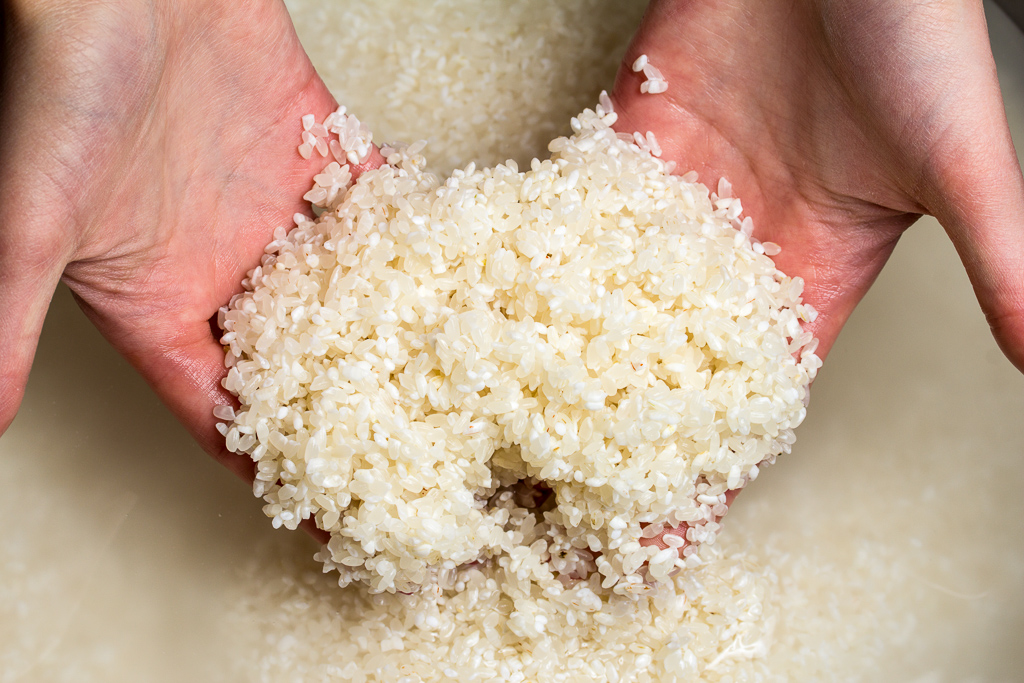
The U.S. Rice Council recommends that you never rinse or soak white rice. Laws in six states require that white rice be enriched with iron, niacin, and thiamine.
Contents
I usually rinse my rice, but the U.S. Rice Council recommends that you never rinse or soak white rice. Laws in six states require that white rice be enriched with iron, niacin, and thiamine.
Both New York and California are also enrichment requirements states, therefore most domestic millers enrich rice for the entire U.S. market, which makes 95% of all domestically milled white rice being enriched.
You probably have noticed the white powdery layer on the rice that will be easily washed off during the rinsing, so before you start to cook the white rice, you do not need to rinse it.
But rice that is milled outside the U.S. is less likely to be enriched, unless it’s sold in the states that require fortification, it must be enriched.
In Asia and Latin America, rice is normally rinsed to get rid of any possible non-belongings before cooking.
You probably have seen recipes in many ethnic cookbooks that recommend to wash the rice, but if you want to keep most of the nutrients in rice, without any rinsing is definitely the way to go.
Another thing to remember is that soaking rice before cooking reduces total cooking time. You may have to adjust the cooking time if you skip the soaking step that recipes ask for.
How about brown rice? Well, brown rice is not enriched, so if you wish, you can rinse it. But the long-soaking process may cause the loss of a small amount of nutrients, if you don’t have to, avoid soaking the brown rice in water for too long.

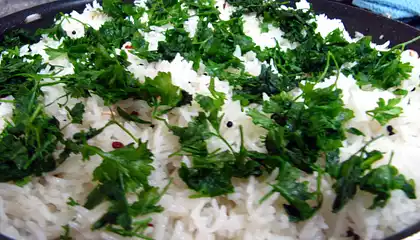
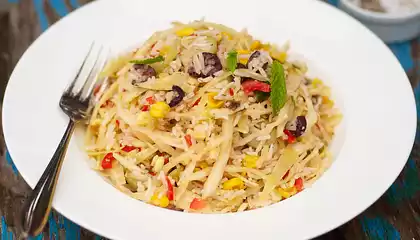
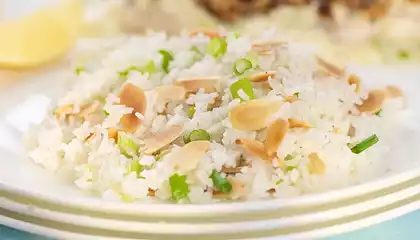
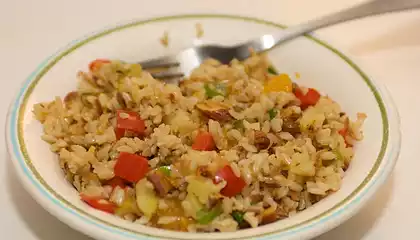
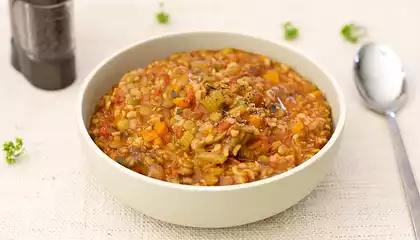
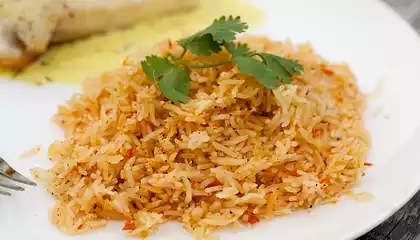
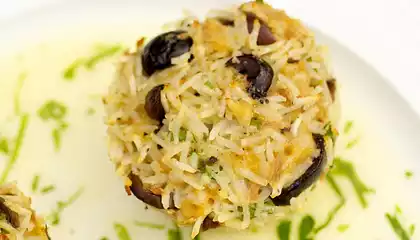

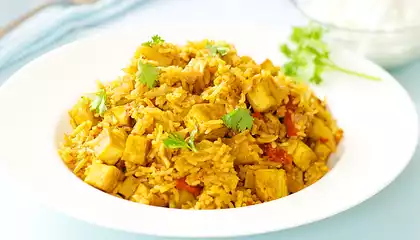
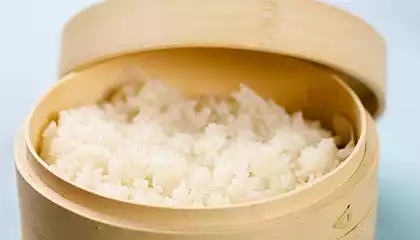
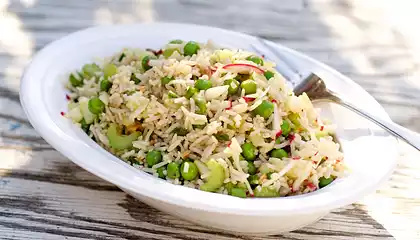
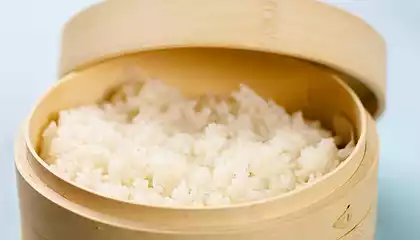
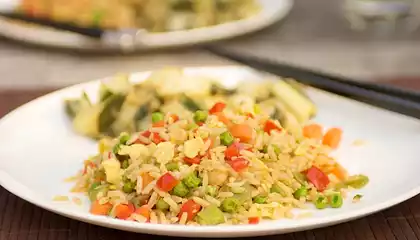


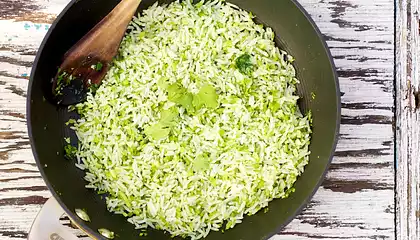
Comments
I am trying to determine which six state require rice enrichment. The article only mentions New York and California. Best regards.